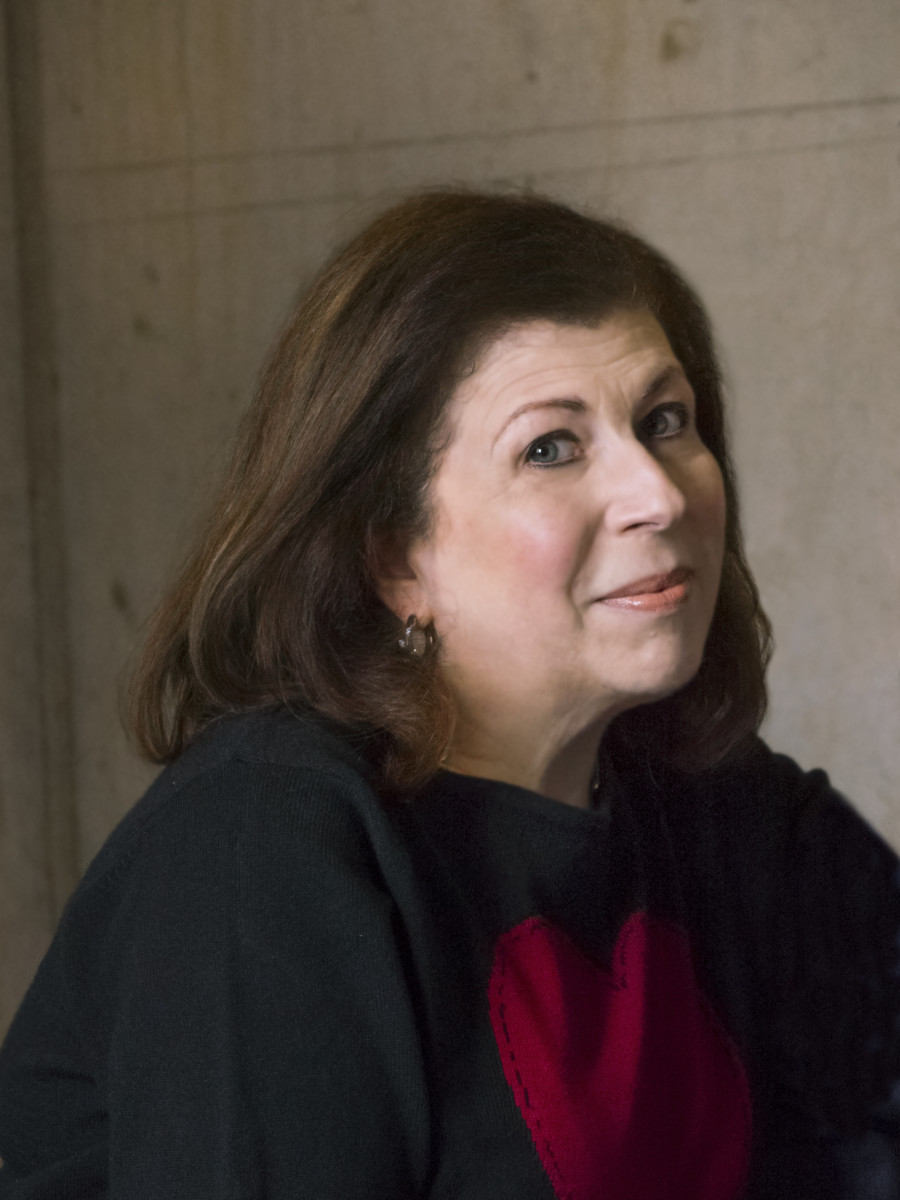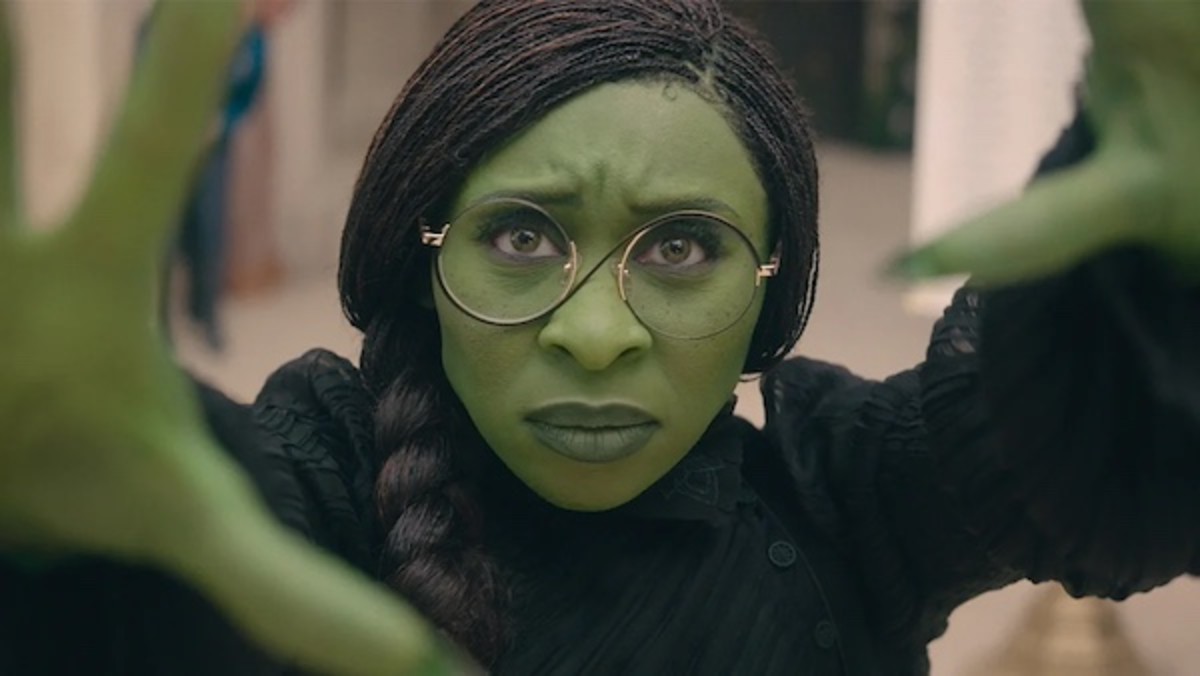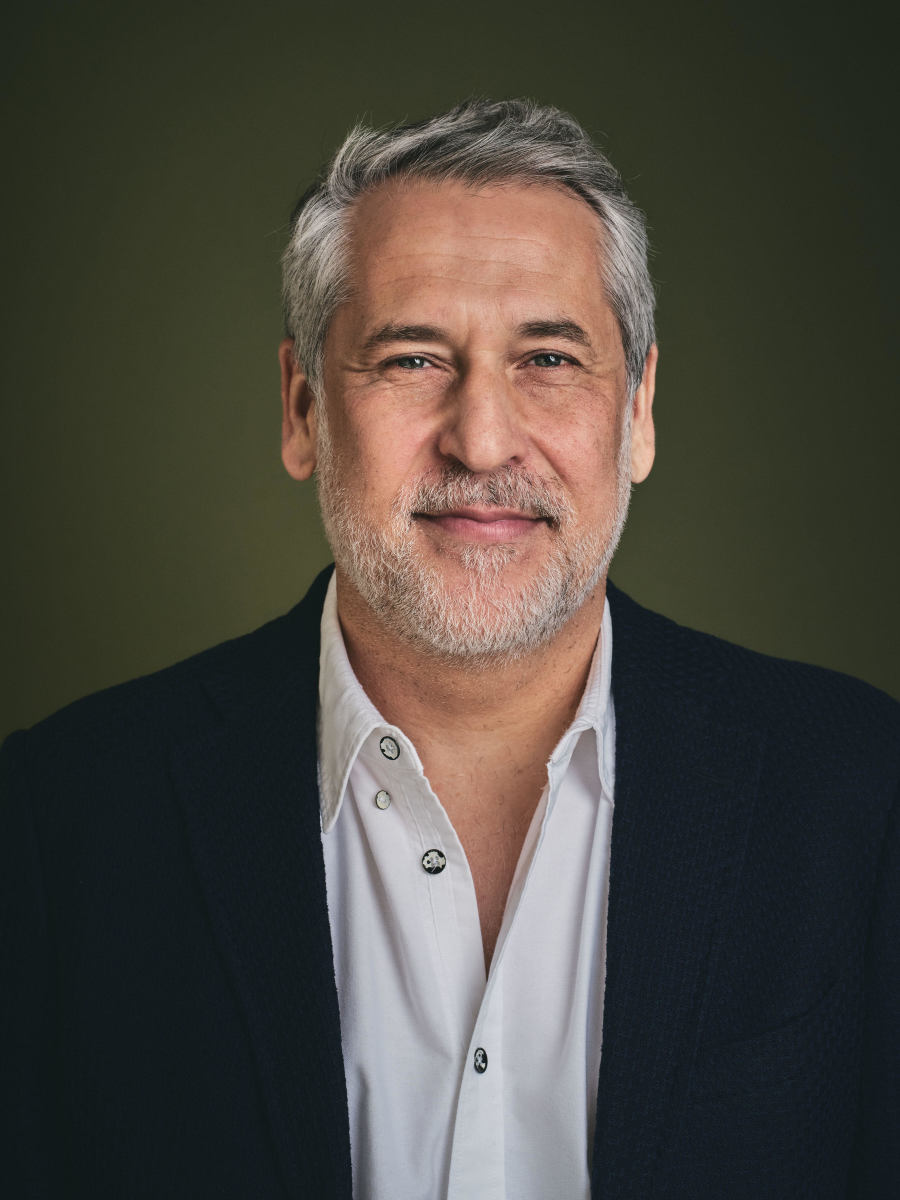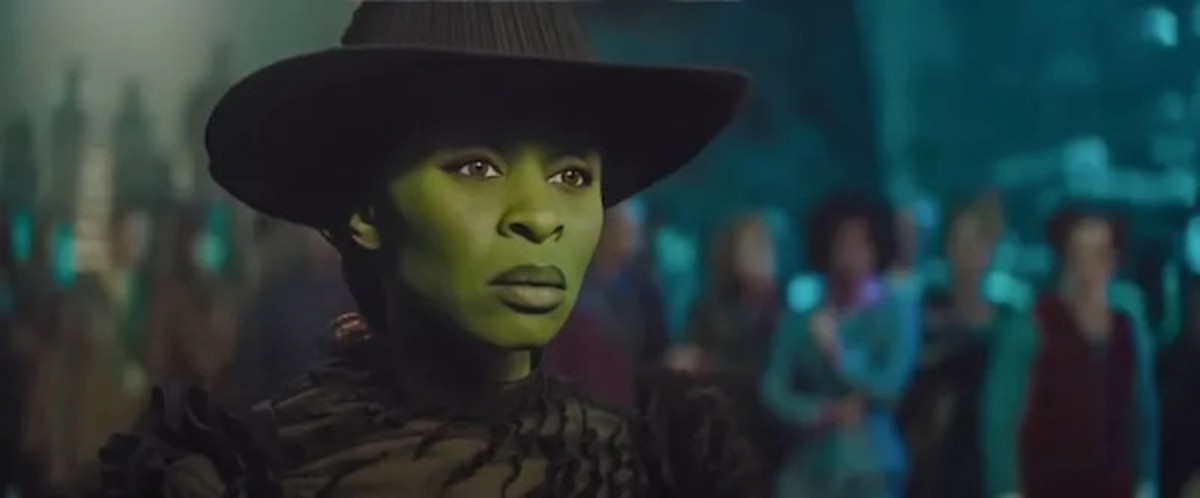Wicked writer Winnie Holzman talks about the genesis of the stage play to the screen and then adapting it from one movie to two, and the importance of collaboration for Script Magazine.
It was a joy to speak with award-winning Wicked writer Winnie Holzman about the genesis of the stage play to the screen and then adapting it from one movie to two, and the importance of collaboration.
Ms. Holzman generously shared insights and behind-the-scenes anecdotes that were inspiring, not to mention, fun. As I revealed to Ms. Holzman, I had just attended the movie screening and I had seen the play twice on Broadway with my daughter when she was young, thus adding more stories to our delightful discussion. It is no secret, Winnie Holzman is passionate about Wicked.
Winnie Holzman is the writer (with composer/lyricist Stephen Schwartz) of the musical Wicked, for which she won the Drama Desk Award for Outstanding Book of a Musical and was nominated for the Tony Award. Winnie attended the NYU Musical Theatre Program, where she studied with Arthur Laurents and Stephen Sondheim. TV credits include Thirtysomething, Once and Again, Huge (collaborating with her daughter, Savannah Dooley) and Roadies (with Cameron Crowe). Her play Choice was recently produced at the McCarter Theatre in Princeton. With her husband, actor Paul Dooley, she wrote Post-its: (Notes on a Marriage) and Assisted Living. Winnie is currently at work on a new drama series for HBO, which will reunite her with the star of the show she created, My So-Called Life, Claire Danes.
![[L-R] Cynthia Erivo as Elphaba and Ariana Grande as Glinda in Wicked (2024).](https://scriptmag.com/.image/t_share/MjEwOTk5Njc4Njg5MzU1MzEx/wicked-universal.jpg)
Kouguell: You wrote the book for the 2003 Stephen Schwartz Broadway musical Wicked, which was inspired by the Gregory Maguire novel by the same name. How did this evolve?
Holzman: We took the brilliant idea of his novel, which was that you don’t know the true story of the Wicked Witch or her real name or what really happened, and it is from her point of view. That was a genius idea. As soon as we started working together we felt the need to create our own plot that used elements of his novel and luckily he trusted us and gave us permission. He was willing to let us take liberties and we did. One of the big things in the novel was that the two young women were college roommates, and the idea of who was the good witch. That to us was gold. We let that friendship storyline inspire us.
Kouguell: Tell me about the adaptation process of the novel and how you collaborated with Stephen Schwartz on the Broadway project.
Holzman: The friendship idea grew out of an early presentation of a table read. We only had a first act, which was as long as the show is now. We had a lot of trusted people in the audience, and it was clear that when the two characters, Elphaba and Glinda were together, it worked best rather than if just one was on stage.

There were so many conscious and unconscious ingredients. The writing process has a mysterious quality and who really knows how that happens? It started to become clear to us to lean into the friendship and the life-changing aspect for both women and how they were going to have this effect on each other’s lives. And, the idea of ‘hate at first sight’. What happens sometimes when you hate at first sight is that you’re having an intense reaction that’s furled with something deep within that person and to take that and find that moment, where the two of them see each other for the first time.
Kouguell: Let’s talk about the adaptation process from the stage to the film.
Holzman: There’s an alchemy when Stephen Schwartz and I work together. Stephen and I wanted a movie that we really loved and felt our fans would enjoy. All that mattered was getting it right. Stephen was always intensively and intently involved with the screenplay, and then the two scripts when we decided to make it into two movies. He was all over the movies with feedback and ideas for every scene. Director Jon M. Chu put his stamp on it completely and in the writing for it. He was always right there and hugely helpful.
I approached writing the script as if I was coming in fresh, as if I wasn’t the writer of the book of the staged musical Wicked. It was my job to explore. I opened my mind to other parts of the story. I had gone down a lot of different roads, I experimented and was open to a lot of ideas.
![[L-R] Cynthia Erivo as Elphaba and Ariana Grande as Glinda in Wicked (2024).](https://scriptmag.com/.image/ar_16:9%2Cc_fill%2Ccs_srgb%2Cfl_progressive%2Cg_faces:center%2Cq_auto:good%2Cw_640/MjEwOTc4Mzg3NDYyNzI3NjU3/241110-wicked-movie-doll-wm-417p-f678f6.jpg)
Interview with ‘Wicked’ Editor Myron Kerstein
Kouguell: How did the script evolve from one movie to two movies?
Holzman: For years I was writing it as one movie. One of the first things that happened when Jon Chu came in, was this idea for two films. The idea was floated before, but we weren’t ready. We trusted Jon. We came to understand that the first movie is Elphaba’s trajectory with Glinda being part of that, and the second movie is Glinda’s trajectory to become the person she was destined to become – Glinda the good, and how she becomes that.
With producer Marc Platt we did not just open up the book to be cinematic, we wanted it to be even more emotional. We wanted to show more nuance between the two girls and take our time, and importantly, Stephen had an idea for two new songs that come in the second movie.
It was exciting. We wanted this balance between being true to the play, evoking the play, and staying true to the play and having the freedom to go deeper and show things you can’t show on stage. In the end, it became a very organic decision: if it’s two movies we’ll have room for all of it. That freed me as well.
Kouguell: You mentioned that Jon Chu tapped into important ideas you and Stephen had for the play that you were now able to bring to the screen.
Holzman: It was almost like traveling back in time. Jon Chu asked about every beat of our show. He’s a wonderful listener and person, and a big part of this is that he loves the show. He’s a genuine fan. He asked, what were you thinking about when you were creating this, with every beat, every scene?
With the song “One Short Day”, we were starting to get this image of two young women, finding this exciting place, this is my destiny, that was the whole idea of the song. If you only have one day in Emerald City, that was something we thought about years ago as an image. Looking at the language for that number and describing it to Jon, memories came back and things landed in the movie.
It was the same as the little girls in the movie. I always wanted to have a little green girl in the show, and I pictured her but it was not practical in a musical. Another example are the animals on stage. We could have a goat professor but it didn’t make sense to have more animals as characters on stage; there wasn’t room. I always felt that to help understand the story we had to go back to Gregory’s novel. In the novel, the animals are being treated as outcasts and persecuted, it’s such a salient part of the novel.

Kouguell: We’ve been talking about the Grimmerie, the ancient book of spells that Elphaba uses, and how that further evolved from the stage to the screen. (Spoiler alerts!)
Holzman: Part of the job of adapting the stage play was to go into more depth about story points, and one of these points was how to set up the background and importance of the Grimmerie. I had many drafts of setting this up but none of it ended up working. We didn’t want it to be fluffy, and we wanted to make it a piece of propaganda. With that in mind, I wrote a little playlet that they perform in Emerald City. Stephen then suggested it be musicalized and become a musical interlude and at this point, Jon Chu says these women are the ones who could read the book and instead of an earlier idea that was rejected that Kristin Chenoweth appears as Glinda’s mother, Kristin and Idina Menzel would be the wise women.
Kouguell: Dana Fox was brought onto the project later on as a co-writer. How did that come about?
Holzman: Universal, Mark Platt and Jon Chu had worked with Dana. Bringing Dana on had a lot to do with the time element to make sure we could get it done on schedule. We were adapting that script and adapting the Broadway show, which was always there as source material. We were also inventing new things; Jon Chu brought so much invention, vision and exciting visuals, and exciting ways of approaching the material. Jon and Dana Fox posed good questions. It was an intensive collaboration and Dana was good to work with. When a director says I’m looking at a huge task ahead of me and this is what I need to accomplish, you work for the greater good and that’s part of making something together and embracing it.
Kouguell: We’ve been chatting about how we each began our writing careers writing poetry and how that’s influenced our respective work.
Holzman: When I started writing, I began with poetry and then I was writing comedy sketches and songs and then I got into musical theater. The link to me was poetry writing. There’s a definite connection. It is all about word choice, brevity, saying a few words and that distillation – and that’s screenwriting.
Wicked is out now exclusively in Theaters.
![[L-R] Cynthia Erivo as Elphaba and Ariana Grande as Glinda in Wicked (2024).](https://scriptmag.com/.image/t_share/MjEwOTc4NDA0Mzc0MTYxMzg1/241110-wicked-movie-600.jpg)

